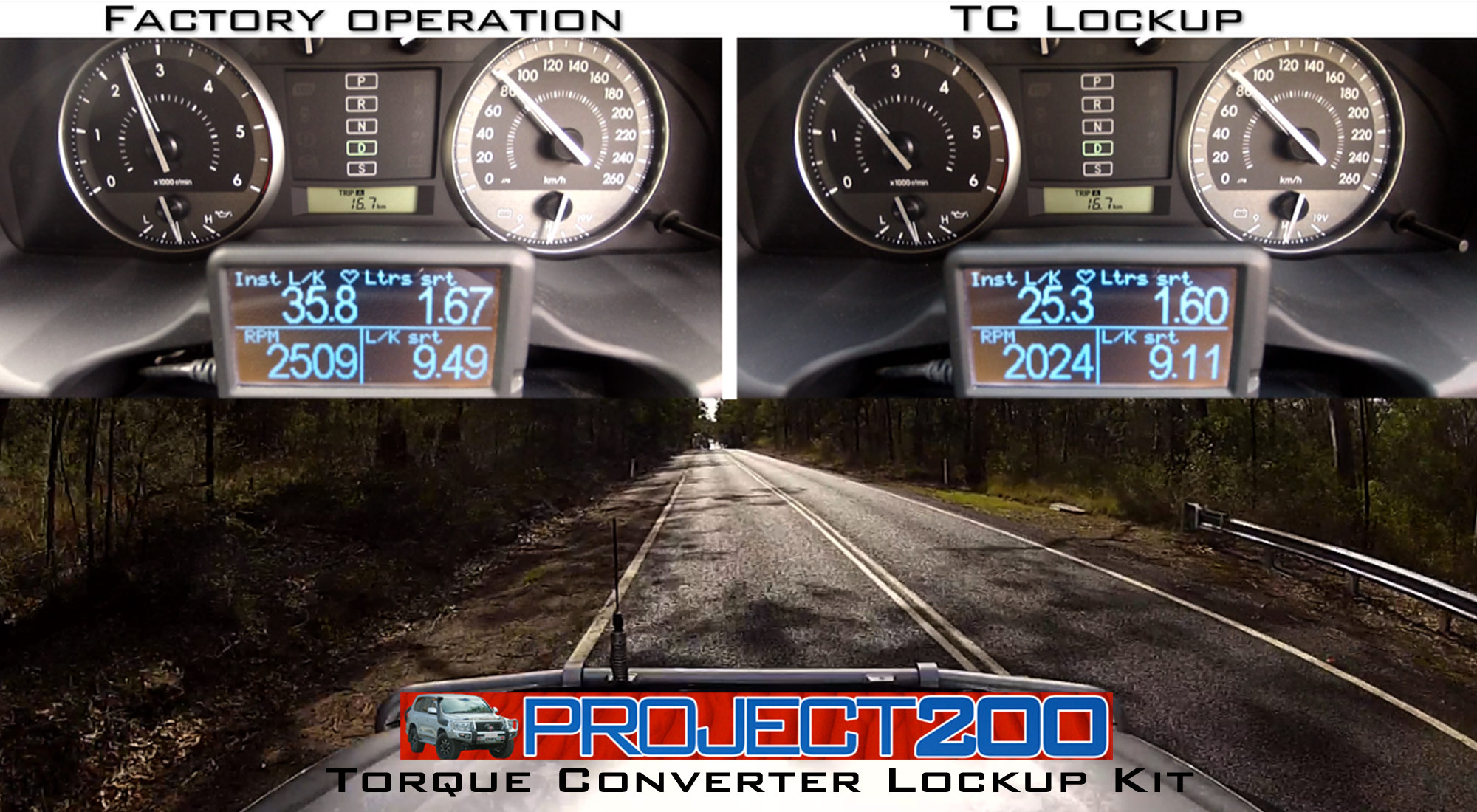A torque converter, common to automatic transmissions only, is the equivalent to a clutch in a standard transmission. The torque converter converts the power from the engine, seamlessly and smoothly to the transmission instead of having a clutch to assist on take off as in a standard transmission.
BTW, if you don’t get a remanufactured torque converter with a remanufactured transmission, I would question the job and feel like the job was not complete. You don’t have to guess with a supplier of transmissions like GotTransmissions.com
Correspondingly, can a automatic transmission lock up an engine? In a vehicle with an automatic transmission, the torque converter connects the power source to the load. Some of these devices are also equipped with a 'lockup' mechanism which rigidly binds the engine to the transmission when their speeds are nearly equal, to avoid slippage and a resulting loss of efficiency. Torque Converter Lockup: the point at which the converter in an automatic transmission is the most efficiently providing the most Horsepower (HP) and Torque. It's the sweet spot tuners know will get that car down the track with consistent HP, and the best ET’s. However, knowing just where that point is can be a challenge. So, we're going to give everyone a road map to finding that right point.
Nowadays all cars and trucks use a feature called lock-up in the torque converter.

By way of fluid coupling, the torque converter transfers the power to the transmission without a clutch or clutch pedal. It cushions the shifts as they occur and makes the transition of power very smooth as the automatic transmission shifts.
What I wanted to discuss was not the technical details of how the actual parts work in a torque converter, heck most transmission mechanics don’t understand the theory behind it. Something else to throw out quickly is that very few transmission rebuild and repair shops rebuild their own torque converters. The amount of expensive equipment and the knowledge necessary to perform this is better off done by a torque converter remanufacturing specialist.
Torque Converter, 30-spline Input, 10 in. Diameter, 2,800-3,200 Stall, TH350, TH400, Each. Part Number: SUM-G2698.
Torque Converter Lockup Kit, Wiring Kit, Vacuum Switch, GM, 200-4R, 700R4, Kit. Part Number: TCI-376600. What Is Torque Converter Lockup? Transmission Center. Torque converters sit between the engine and transmission in automatics, their purpose described in the name-converting power from the motor to motion in the transmission. Modern converters.
I wanted to briefly mention what the term lock-up means. Lock up is a feature introduced in about 1982 with the advent of the T-700R4 and T-200-C General motors transmissions. Simply put, since a torque converter is a fluid coupler it will always have a certain amount of ‘slip’ built into it. It is unavoidable due to fluid being the main component of the coupling action. This decreases gas mileage by 1-4 miles per gallon, the built in slippage, that is.
To eliminate the problem, an actual clutch disc has been built right into the torque converter. At a certain speed, usually about 45-50 mph a message from a computer sends a forceful ‘charge‘ of automatic transmission fluid to the converter, which applies the clutch plate inside and eliminates the small amount of built in ‘slippage’.
Darn good idea. A lot of updates and improvements have been developed over the years which has just about perfected the design. Obviously this is a desire-able feature with few drawbacks. The only legitimate drawback is if your son takes the car to the drag-strip and burns the converter clutch up.
Just joking, the drawback, which is negligible, is it produces more heat, therefore making maintenance using synthetic ATF more important and the installation of an external transmission cooler a good idea.
Once I link this post to some of the more technical posts on GotTransmissions.com Blog, those posts will make more sense. Assuming any of my posts make sense. Let me know if you need more information or a better description. If you don’t tell me I can’t do a better job. Thanks and enjoy.
Click to see full answer.
Furthermore, can a automatic transmission lock up an engine?
In a vehicle with an automatic transmission, the torque converter connects the power source to the load. Some of these devices are also equipped with a 'lockup' mechanism which rigidly binds the engine to the transmission when their speeds are nearly equal, to avoid slippage and a resulting loss of efficiency.
Also Know, how do I know if my torque converter is locking up? You can see this by looking at the RPM's, once moving at steady speed give the car a little gas, you will see the RPM's rise but the car will not speed up much. When a lock up torque converter locks the and you give it a little gas the RPM's will not rise until the car starts moving faster.
Similarly, it is asked, can a torque converter lock up?
There are basically three ways a torque converter lockup clutch can fail: It can stay locked up, stalling the engine when the car is braked to a stop; it can never lock up, which shows up as an increase in fuel consumption and radiator temperature; or it can slip when engaged, allowing engine speed surges at a constant
Torque Converter Lockup Switch

What happens when torque converter locks up?
Torque Converter Lockup Chevrolet Lumina
It allows the engine to turn at a lower RPM when the vehicle is traveling at higher speeds. However, when the engine turns more slowly it causes the torque converter to slip, creating heat. The solution is to lock the converter. Lock-up eliminates the slippage, which reduces heat and improves fuel economy.
